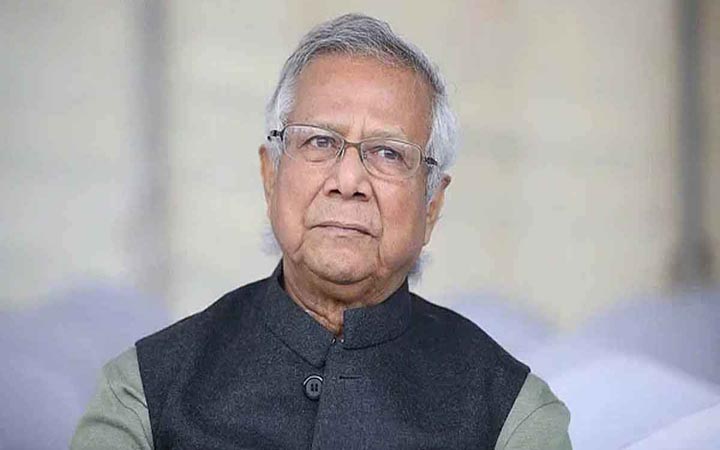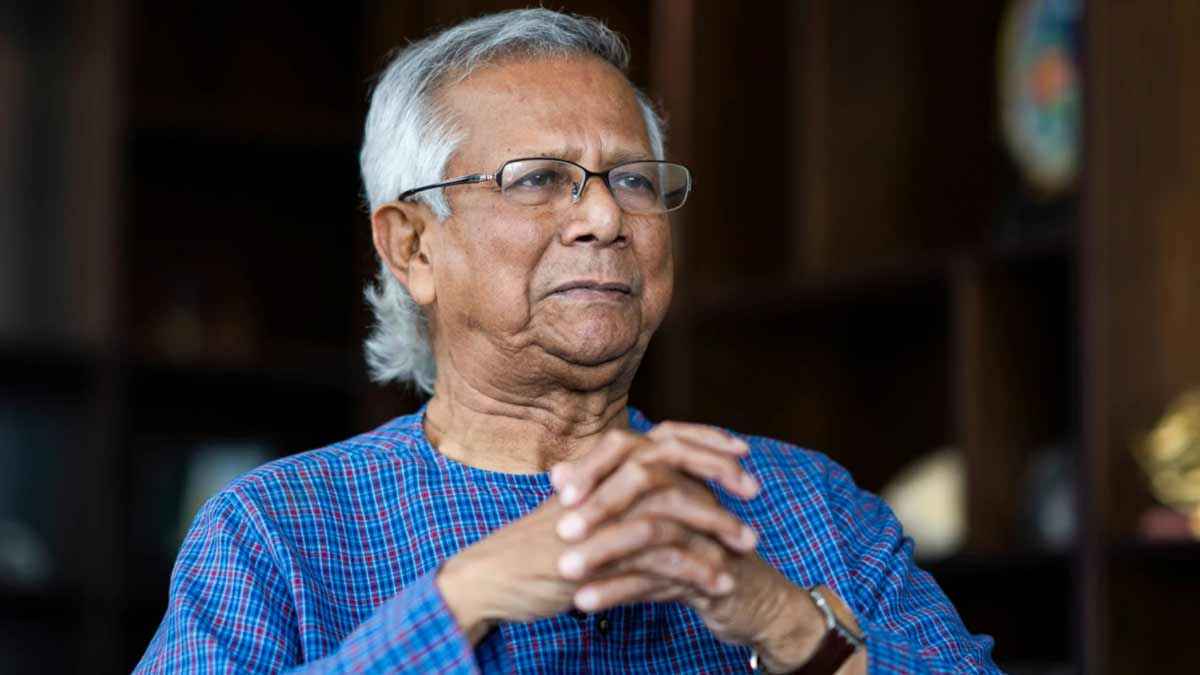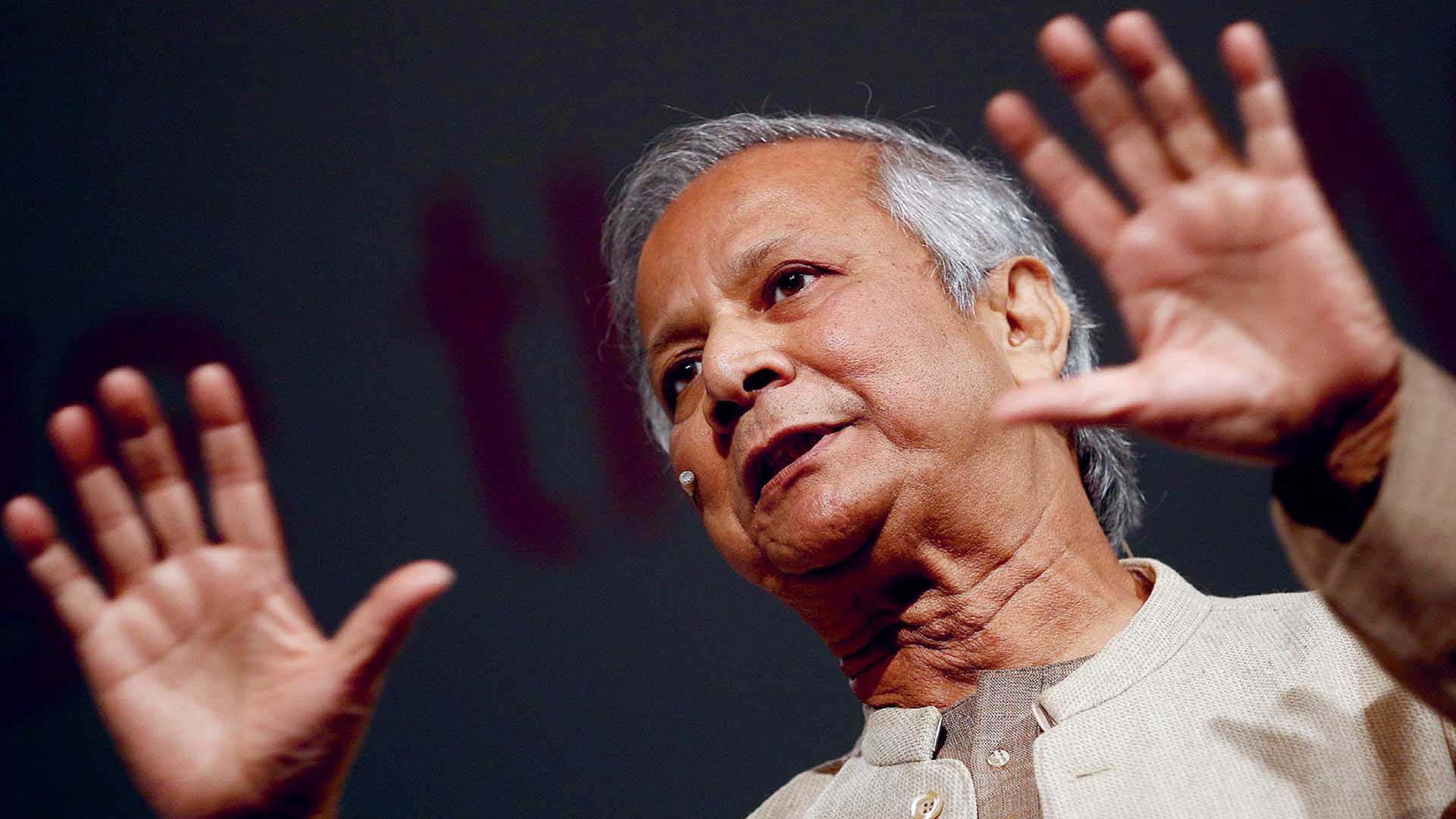Bangladesh – despite being secure in food production – is vulnerable in terms of accessibility and affordability due to soaring inflation, global economic crisis and supply chain disruption, triggered by the ongoing Covid-19 pandemic and Russia’s invasion of Ukraine.
According to the Global Food Security Index (GFSI) 2022, developed by the Economist Impact, supported by Corteva and published on September 20, Bangladesh achieved 52.1 points and ranked 87th among 113 countries in the affordability indicator.
Overall, Bangladesh ranked 80th globally by scoring 54 out of 100. The country had ranked 84th and scored 49.1 out of 100 in 2021. Bangladesh is observing the World Food Day 2022 today as elsewhere across the globe with the theme “Leave no one behind.”
Though Bangladesh witnessed progress and improved availability of food due to increased production, 40 million people – one quarter of the population – remain food insecure, and 11 million suffer from acute hunger, as per the World Food Programme (WFP) country profile.
Experts point out that the crisis may deepen further in case a global food security crisis erupts in the coming days. A number of international agencies already issued warnings in this regard, because Bangladesh is highly dependent on imports for most of the essential commodities.
Speaking to The Business Post, Policy Research Institute (PRI) Executive Director Ahsan H Mansoor said, “People’s purchasing power has declined, and in this period, food items must be cheaper than the current prices to help the country tackle hunger and malnutrition.
“Cash or food support from the government works well in this situation, and the government is taking such initiatives. Slums and climate affected areas should be given priority where economic vulnerability is high.”
A number of government officials however said they are not worried about the issue.
Food secretary Md Ismiel Hossain said, “We had concerns that Aman production would decline this year, but thanks to adequate rainfall, we are expecting to meet the target.
“Besides, the government also allowed wheat and rice imports through private importers, and we are providing them with facilities. This is why we remain confident regarding the country’s food security.”
A closer look at food security
Food ministry data shows Bangladesh had a stock of 16.76 lakh tonnes of rice and wheat in government warehouses until October 11 this year, which was 15.61 lakh tonnes when compared year-on-year.
The ministry further mentioned that an additional 50,000 tonnes of wheat will be added to this stock soon.
A data analysis from 2019 to 2021, carried out by the Food and Agriculture Organization (FAO) in its report “The State of Food Security and Nutrition in the World 2022,” show that 11.4 per cent of Bangladesh’s total population is undernourished, 10.7 per cent is in severe food insecurity, while 31.7 per cent face moderate or severe food insecurity.
According to the World Bank’s food security update in September 2021, the food inflation in Bangladesh was 5.2 per cent, which hit 8.2 in September, 2022.
Food quality, safety indicators
In the quality and safety category of the GFSI 2022, Bangladesh scored 58.4 points and ranked 71th. Among the indicators, the country scored the lowest 43.9 points in the natural resources and resilience category, ranking 93rd.
Bangladesh is highly dependent on imports for most of the essential commodities excluding rice. However, a large amount of the grain has been imported since the last three years, food ministry sources say.
Where most of the countries are used to a single grain as major food such as wheat or rice, Bangladesh’s citizens are consuming both items.
Although Bangladesh is steadily increasing its production of rice, wheat production is yet to go up due to unavailability of arable land. The country produced 1.13 million tonnes of wheat last year, which is only 13 per cent of annual demand, data from the USDA show.
Meanwhile, the World Trade Organization (WTO) data shows that Bangladesh is the fifth largest wheat importer in the world, and the country is highly dependent on India, Russia and Ukraine for this food grain.
But due to the Russia-Ukraine war that began in February this year, wheat supply in the global market became disrupted, and Bangladesh failed to buy the grain from Russia and Ukraine.
Bangladesh continued wheat imports from India for a few months, but the neighbouring country also banned all exports on May 13 citing local shortage. As a result, flour prices in Bangladesh’s retail markets skyrocketed, and consumers shifted to rice.
This in turn triggered additional pressure in the domestic rice market.
Bangladesh produced 472.87 lakh tonnes of cereals in FY22 and imported 84 lakh tonnes in the same period. The country also produced 12.31 lakh tonnes of oil seed, and imported 27.72 lakh tonnes of oil in edible and unrefined last FY.
Pulse production was 8.38 lakh tonnes against the import of 17.65 lakh tonnes. Around 50 lakh tonnes of spice produced against 10.55 lakh tonnes import. Moreover, the country had to import around 8 lakh tons of fruits.
Global and domestic economic and political crises further pushed up cereal prices in the local market, reducing public affordability.
Speaking to The Business Post last September, Director of the Field Services Wing under the Department of Agricultural Extension (DAE) Habibur Rahaman Chowdhury had said, “We have made plans to boost the production of different crops, and we will move forward with it.
“The government will put more emphasis on increasing the production of rice, oil seeds, onion, and pulse. These initiatives will increase gradually, and continue in the coming days.”
Consumer capacity under stress
Due to the global political and economic crises, Bangladesh’s forex reserves declined from $48 billion to $37 billion within a year, and this is why the central bank gradually began appreciating the USD against taka. Taka devalued against USD by 22.09 per cent to Tk 105 within the course of the year.
The government has also increased diesel prices by 75.38 per cent to Tk 114 from Tk 65 within 9 months, though the authorities reduced the rate by Tk 5 at the end of August. The government also increased fertiliser prices by Tk 5 per Kg.
These factors have significantly impacted food prices in the country, experts said.
October 15 data of the Trading Corporation of Bangladesh (TCB) show that the fine rice price in local markets increased by 15 per cent to Tk 75, when compared year-on-year. The price of flour, another essential commodity, rose by around 64 per cent to Tk 58.
The Bangladesh Bureau of Statistics (BBS) data show Bangladesh witnessed a record 9.5 per cent inflation in August, the highest in 12 years due to appreciation of UDS and fuel price hikes.
However, the rate slightly declined in September to 9.1 per cent, and food inflation reached 9.8 per cent.
Global forecast not in favour of Bangladesh
The United States Department of Agriculture (USDA) data show that the global wheat stock is likely to decline by 3.3 per cent to 267 million tonnes in the 2022-23 marketing year (MY), because the production would be unchanged. It should be noted that the demand gradually goes up.
In MY22, global wheat production was 779 million tonnes.
The data further show that global rice production is likely to decline by 0.2 per cent to 512 million tonnes in MY23, which was 514 million tonnes and 509 million tonnes in MY22 and MY21.
Rice grain stocks also likely to decline by 3.4 per cent to 179 million tonnes in MY23, which was 185 million tonnes and 188 million tonnes in MY22 and MY21.
USDA indicated that global rice stocks in MY22 already declined compared to MY21, and Bangladesh is also suffering from the crisis. India, the major rice supplier, already banned exports of the grain, causing the government’s rice import initiative to lack any momentum.
On the issue, Food Secretary Md Ismiel Hossain said, “We will suffer if the world faces a food security crisis. We have already taken many preparations to tackle this crisis, including an increase in domestic production and government’s food grain stocks.”
Who topped in food security?
Finland tops the GFSI 2022 index, followed by Ireland, Norway, France and the Netherlands. Meanwhile, Syria, Haiti, Yemen, Sierra Leone and Madagascar ranked the lowest in food security.
In South Asia, India is at the top by ranking 68th, followed by Myanmar at 72th, Nepal at 74th, Sri Lanka at 79th, and Pakistan at 84th.
To mark the World Food Day, FAO Director General QU Dongyu said, “In the face of a looming global food crisis, we need to harness the power of solidarity and collective momentum to build a better future where everyone has regular access to enough nutritious food.”
President of the UN’s International Fund for Agricultural Development (IFAD) Alvaro Lario said, “This year, more than ever, World Food Day should be a call to ramp up action to help small-scale farmers in rural areas, who supply food to their communities and countries – through crisis after crisis – despite inequality, vulnerability, and poverty.”












